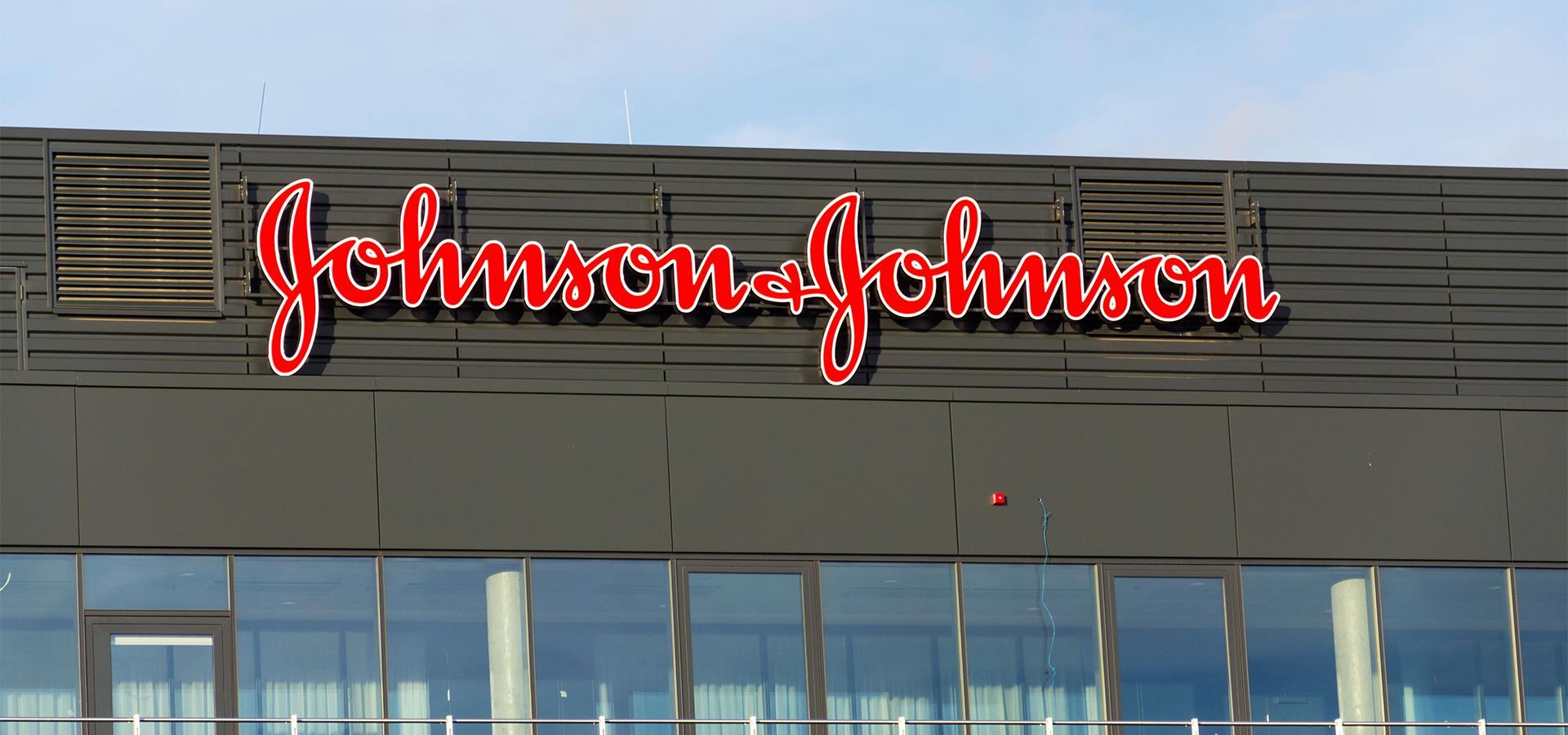An Oklahoma judge ruled against pharmaceutical company Johnson & Johnson on Monday, finding the company guilty of fueling the state’s opioid addiction epidemic. Oklahoma sued Johnson & Johnson for more than $17 billion to cover costs of its plan to reverse the epidemic over the next 30 years, but ultimately District Court Judge Thad Balkman ordered the company to pay the state $572 million. According to Balkman’s ruling, the amount would cover the first year of Oklahoma’s plan to combat opiates.
The First Case of Many
This case was the first at state level to make it to court, and first to hold a pharmaceutical company legally accountable for its role in the opioid crisis. Previously, Oklahoma Attorney General Mike Hunter settled out of court with Purdue Pharma and Teva Pharmaceuticals for $270 million and $85 million respectively. After Purdue and Teva settled, Johnson & Johnson were the only remaining defendants. Christopher Ruhm, a professor of public policy and economics at the University of Virginia devised the 30-year plan that Oklahoma referenced in coming to its $17 billion total. In Ruhm’s plan, there would be funding for multiple levels of addiction treatment, education programs, supports and pharmacy data systems over the course of three decades. After Balkman’s decision to award the state a small fraction of that total, it will be up to state legislators to determine how those dollars will be spent. Johnson & Johnson’s lawyers said the company plans to appeal the decision.
What’s Next?
It is hard to say if the outcome of the Oklahoma case will set a precedent for the many upcoming cases against pharmaceutical companies. Oklahoma’s victory comes at a time when there are thousands of lawsuits across the country against pharmaceutical companies. As of this summer, 47 states and the District of Columbia filed lawsuits against Purdue Pharma. The next case to be heard will be in federal court starting October 21. Cuhyoga and Summit Counties in Ohio consolidated 2,000 of 2,500 lawsuits in those counties against the pharmaceutical manufacturers. No settlements have been made, so all three companies are still defendants.
There is Help
According to the National Institute on Drug Abuse, more than 130 people die every day from an opioid overdose. The crisis continues to claim lives, but the easiest way to recover from opioid use disorder is to ask for help. From addiction treatment, to long-term after-care, Midwest Recovery Center offers individualized care for you or your loved one. No one’s story is the same, and neither should everyone’s recovery. To find out which level of care is right for you, call an admission specialist at 833-440-8648.







